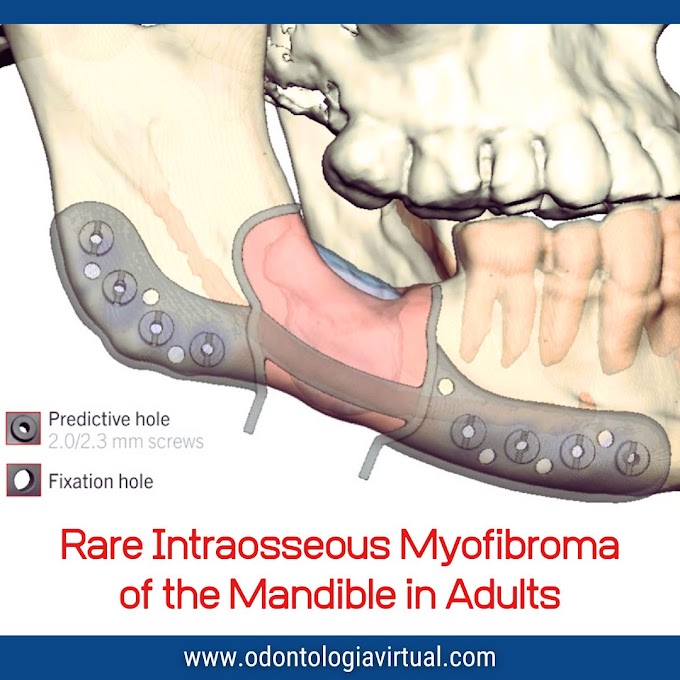For decades, oral health and systemic health were considered separate domains.
However, growing scientific evidence suggests that periodontitis—a chronic inflammatory disease of the gums—may have far-reaching effects beyond the oral cavity, potentially contributing to the development or progression of chronic kidney disease (CKD).
What is Periodontitis?
Periodontitis is a progressive infection of the gums caused by the accumulation of bacterial plaque.
Left untreated, it leads to the destruction of the supporting bone around teeth and eventually tooth loss.
But the implications may be more severe than previously thought.
The chronic inflammation and bacterial burden can enter the bloodstream, affecting distant organs—including the kidneys.
How Can Periodontitis Influence Kidney Function?
Recent studies have identified several mechanisms through which periodontitis might impact kidney health:
✔ Systemic inflammation
Periodontitis increases levels of inflammatory markers such as C-reactive protein (CRP) and interleukin-6 (IL-6), which are also elevated in CKD and contribute to its progression.
✔ Bacterial dissemination
Periodontal pathogens like Porphyromonas gingivalis can enter the bloodstream and trigger immune responses in the kidneys.
✔ Endothelial dysfunction and oxidative stress
These mechanisms may contribute to vascular damage and nephron loss.
✔ Immune dysregulation
Chronic immune activation may exacerbate fibrosis and structural damage in renal tissue.
► DENTAL BOOK: Little and Falace's Dental Management of the Medically Compromised Patient – 10th Edition (2023)
What Can Patients and Dentists Do?
For Patients
✔ Visit your dentist regularly, especially if you have high blood pressure, diabetes, or a family history of kidney disease.
✔ Maintain excellent oral hygiene to reduce systemic inflammation.
✔ Inform your dentist about any renal issues or relevant symptoms.
For Dentists
✔ Monitor periodontal status in patients with CKD or other systemic conditions.
✔ Refer patients for medical evaluation if oral findings raise suspicion of systemic disease.
✔ Educate patients about the broader health implications of untreated gum disease.
Conclusion
Recent evidence confirms that periodontitis is not just a dental problem—it may be a contributing factor in the development or progression of chronic kidney disease.
For patients and healthcare professionals alike, this reinforces the importance of an integrated approach to health, where oral care plays a crucial role in preventing systemic disease.
* Share this post to raise awareness and encourage preventive care—because healthy gums may help protect more than just your smile.
References
- Int J Environ Res Public Health. 2023 Jan 11;20(2):1298. Chronic Kidney Disease and Periodontitis Interplay—A Narrative Review. Sorana Florica Baciu, Anca-Ștefania Mesaroș, Ina Maria Kacso.
- Scientific Reports volume 12, Article number: 19006 (2022). Localized periodontitis and kidney function for the risk of proteinuria in young adults in the CHIEF oral health study. Kun-Zhe Tsai, Pang-Yen Liu, Tsung-Jui Wu, Chia-Hao Fan, Wan-Chien Cheng, Ren-Yeong Huang & Gen-Min Lin.
- Periodontitis and chronic kidney disease: A bidirectional relationship based on inflammation and oxidative stress. Martínez Nieto M, De Leon Rodríguez ML, Anaya Macias RDC, Lomelí Martínez SM. Periodontitis and chronic kidney disease: A bidirectional relationship based on inflammation and oxidative stress. World J Clin Cases 2024; 12(35): 6775-6781.













